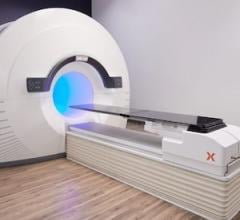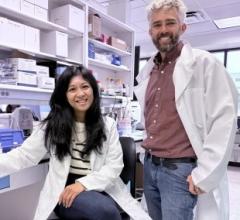December 5, 2008 - The ability for cancer cells to reverse a natural self-destruction process may attribute to the reason cancer can return after treatment, according to new research published in the British Journal of Cancer.
Apoptosis is a type of programmed cell suicide that allows the body to rid itself of damaged and potentially dangerous cells. In the recent study, led by Professor Ming-Chiu Fung, from the Chinese University of Hong Kong, researchers showed that cancer cells can reverse this process, regaining their shape and function while continuing to divide.
In the study, chemicals used on human cervical, skin, liver and breast cancer cells initiated apoptosis. Normally, there is a "point of no return" in most cells where they are driven to suicide, even when the death trigger is removed, but researchers found cancer cells crossing this point were still able to recover once the suicide-inducing chemicals had been eliminated.
They only failed to survive once the nuclei containing the bulk of their DNA began to disintegrate, an event right at the end of the cell suicide process.
According to Fung, the finding provides new clues as to what drives cancer cells to come back to life after chemotherapy treatment, and to what extent the ability for cancer cells to reverse cell death contributes to their continued division and growth during cycles of anticancer treatment.
Source: British Journal of Cancer
For more information: www.nature.com/bjc


 January 13, 2026
January 13, 2026 








